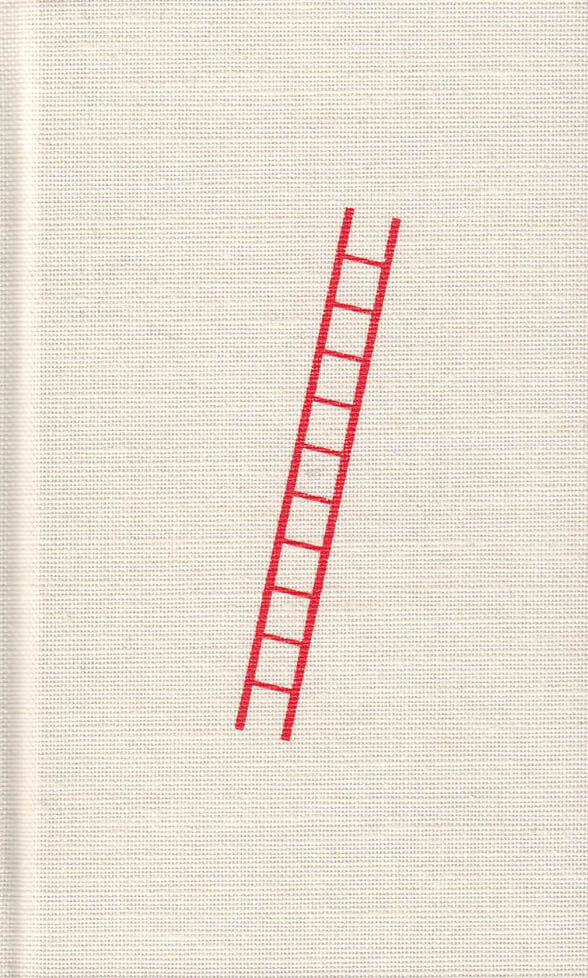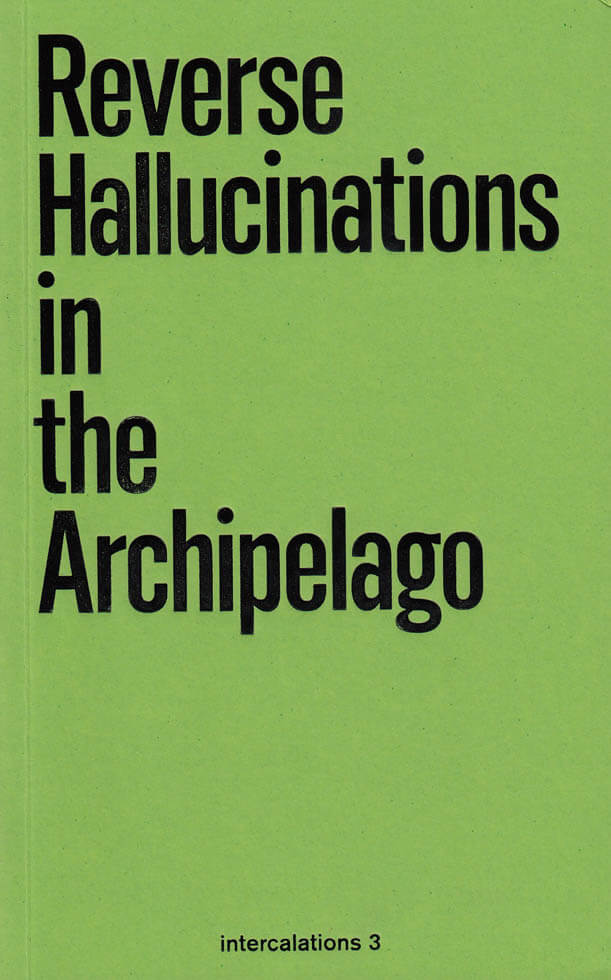Anna-Sophie Springer
Anna-Sophie Springer

Traversals
TRAVERSALS is based on a series of conceptual interviews with Dora Garcia, Chris Kraus, Mark von Schlegell, Charles Stankievech, and Jacob Wren originally produced for an installation in an art gallery. As a re-issue of these texts, the publication continues K.'s interest in the book-as-exhibition. Each invited contributor has found a unique way to explore the hybrid spaces between genres and art forms, and the discussions focus especially on the role and relationship between visual art and writing.
While the interview process was rather formalized—with one set of five identical questions posed to each person in the first round, and then five individual questions asked in a second round in response to the first five answers—the texts themselves delight through a personal tone and a great openness for both idiosyncratic trajectories and unexpected traversals between the five different chapters.
Contributors: Dora Garcia, Chris Kraus, Charles Stankievech, Mark von Schlegell, Anna-Sophie Springer, Jacob Wren

The Word For World is Still Forest
The Word for World is Still Forest creates a space for the reader-as-exhibition-viewer to consider how forests may be seen not only for their trees, but also how they can enable experiences of elegance, affirmation, and creation for a multitude of creatures. in response to their violent destruction, which characterizes the Anthropocene, these pages traverse various woodlands by way of their semiotic, socio-political, historical, and epistemic incitements in order to reveal how practices of care, concern, and attention also enable humans to inhabit and flourish in this world as forest. Taking its title from Ursula K. Le Guin’s 1972 novella, The Word for World is Still Forest curates an homage to the forest as a turbulent, interconnected, multinature. Moving from concepts of the forest as a thinking organism to the linear monocultural plantations that now threaten the life of global forests, the volume includes interviews, a photo essay, case studies, reflections, drawings, essays and more.
Contributors: Sandra Bartoli, Kevin Beiler, Shannon Castleman, Dan Handel, Katie Holten, Elise Hunchuck, Silvan Linden, Yanni A. Loukissas, Eduardo Kohn, Pedro Neves Marques, Abel Rodríguez, Carlos Rodríguez, Suzanne Simard, Anna-Sophie Springer, Paulo Tavares Etienne Turpin, Catalina Vargas Tovar

Reverse Hallucinations in The Archipelago
Reverse Hallucinations in the Archipelago unfolds an itinerant encounter with nineteenth-century European naturalists in the Malay world, where the theory of evolution by natural selection emerged alongside less celebrated concerns about mass extinction and climate change; by re-considering the reverse hallucinatory condition of colonial science in the tropics—how scientists learned to not see what was manifestly present—the reader-as-exhibition-viewer may exhume from the remains of this will to knowledge an ethical conviction of particular relevance for confronting forms of neocolonization in the Anthropocene. Reverse Hallucinations in the Archipelago reflects on the changing role of colonial natural history collections in the current ecological crisis called the Anthropocene. The volume features an essay, a science fiction graphic novella, photographs, interviews, and more.
Contributors: Akademi Drone Indonesia, George Beccaloni, Iwank Celenk, Lucy Davis, Fred Langford Edwards, Christina Leigh Geros, Matthias Glaubrecht, Geraldine Juarez, Radjawali Irendra, James Russell, Mark von Schlegell, SLAVE PIANOS, Anna-Sophie Springer Zenzi Suhadi, Paulo Tavares, Rachel Thompson, Etienne Turpin, Satrio Wicaksono
And more

Theater, Garden, Bestiary – A Materialist History of Exhibitions
Vincent Normand, Tristan Garcia
This volume both gathers and expands on the results of the research project “Theater, Garden, Bestiary: A Materialist History of Exhibitions” held at ECAL/University of Art and Design Lausanne, and proposes to draft a history of exhibitions sourced from a wide corpus reaching beyond the framework of art institutions. It undertakes a transdisciplinary history, at the nexus of art history, science studies, and philosophy, exploring the role the exhibition played in the construction of the conceptual categories of modernity, and outlines a historiographical model that grasps the exhibition as both an aesthetic and epistemic site.
Contributions by Etienne Chambaud, Elitza Dulguerova, Anselm Franke, Tristan Garcia, Fabien Giraud & Raphaël Siboni, Dorothea von Hantelmann, Yuk Hui, Pierre Huyghe, Sami Khatib, Jeremy Lecomte, Stéphane Lojkine, Rafael Mandressi, Vincent Normand, Peter Osborne, Filipa Ramos, Juliane Rebentisch, João Ribas, Pamela Rosenkranz, Anna-Sophie Springer, Lucy Steeds, Olivier Surel, Etienne Turpin, Kim West, Charles Wolfe.